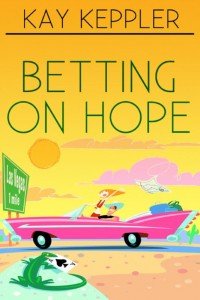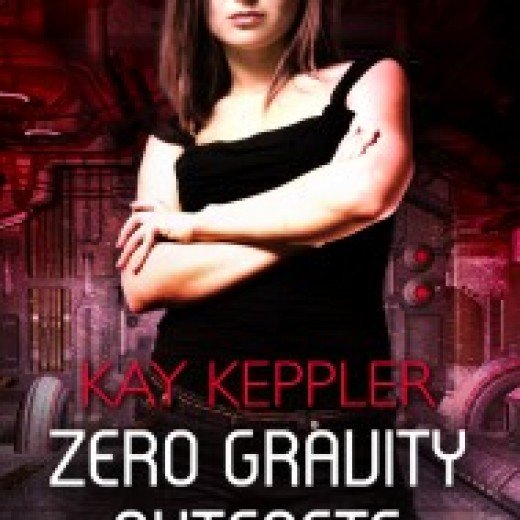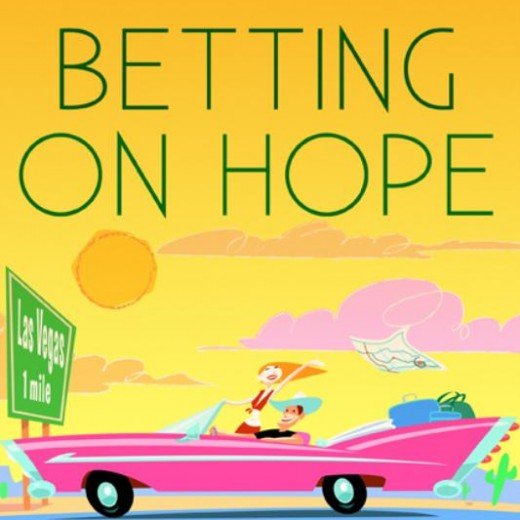Building the Protagonist by Kay Keppler
 Welcome to the next installment of craft posts by monthly guest columnist, Kay Keppler, on novel writing. Today she’ll help you with building the protagonist of your novel.
Welcome to the next installment of craft posts by monthly guest columnist, Kay Keppler, on novel writing. Today she’ll help you with building the protagonist of your novel.
You can contact Kay through the Writer’s Fun Zone or at kaykeppler AT yahoo DOT com to ask questions, suggest topics, or tell her she’s off her rocker. (She let me say that!)
***
Often when writers plan their first book, they think in terms of their protagonist. Who is this person? What is this character’s goal? What makes him or her unique? What skills, attributes, strengths, weaknesses, hobbies, tastes, does he or she have? Your protagonist is usually the reason you’re writing the book, it’s the character your readers are likely to bond most strongly with, and the character you’ve probably given the most thought to.
Where’s the Beef?
Your protagonist can be only as strong as the antagonist who engages that character in struggle. The single biggest factor you can bring to building the heroism of your protagonist is to create an antagonist that’s worthy of the fight. Let’s say that your protagonist is a criminal defense lawyer who fights for justice. Justice, then, is the value at stake.
Now your protagonist enters the ring and squares off against the antagonist, who, let’s say, is a corrupt district attorney. When the story begins, we see that this D.A. is a bigot who won’t hire your protagonist’s protégé, a promising African-American prosecutor, but hires his own nephew instead. The D.A. represents the contrary position to justice at this stage. He’s engaging in actions that are unfair—negative and not necessarily illegal, but also not fully the opposite of “justice.”
Round Two
The conflict is engaged, but it needs escalating. Your protagonist knows about the bad hires and thinks the D.A. is hinky. She starts an investigation into the D.A.’s prosecutorial methods and finds that the D.A. has suppressed evidence that would help her client—and it wasn’t the first time. Dozens of cases are in jeopardy. The D.A. has violated ethics and broken the law. He’s committed an injustice—the contradictory position to the justice value of the story. The conflict is escalated.
Knockout Punch
The escalating conflict must now turn qualitatively worse—the worst of the worst, or, the negation of the negation. At this end state the conflict must surpass the contradictory position and push to the limit of the darkness in human nature. In terms of “justice,” this condition is tyranny. In our story, it could be that after our protagonist exposes the compromised evidence, the D.A. harasses the criminal defense lawyer, breaks into her office, and steals her files.
The difference between the contradictory and the negation of the negation stages is the expanded reach of the D.A.’s misconduct—first he compromised evidence to win cases, but then he threatened the opposing counsel only because he believed that might makes right and the end justifies any means.
These concepts of deepening conflict can be applied to other story values. If “love” is your starting value, then indifference could be your contrary value, hate your contradictory value, and self-hate (or hate masquerading as love) is the negation of the negation value. If “truth” is your starting value, then half-truths or fibs could be your contrary value, lies your contradictory value, and self-deception your negation of the negation value.
Escalate the Tension
If your story doesn’t resonate the way you think it should, look at your antagonist first. Your protagonist can be only as interesting and compelling as the villain you pit against her. Is your antagonist weak? Strengthen his motivation and his actions. Build that dark side to give the protagonist something to fight against—and turn her into a hero everyone will love.
Thanks to Story by Robert McKee for the terminology of the opposing and escalating stages of conflict.
***
Editor’s Note: Thank you, Kay, for an informative, and inspiring post. Now I need to scurry back to my WIP and make sure my villain is a stronger as she could be.
***
 Kay Keppler (www.kaykeppler.com) is an author (Zero Gravity Outcasts, Betting on Hope) and editor of fiction and nonfiction (Angel’s Kiss, Outsource It!) who lives in northern California. Contact her here or at kaykeppler@yahoo.com to ask questions, suggest topics, or if you prefer, complain.
Kay Keppler (www.kaykeppler.com) is an author (Zero Gravity Outcasts, Betting on Hope) and editor of fiction and nonfiction (Angel’s Kiss, Outsource It!) who lives in northern California. Contact her here or at kaykeppler@yahoo.com to ask questions, suggest topics, or if you prefer, complain.







Thanks for your insightful comments, Kay! I always appreciate your insights!